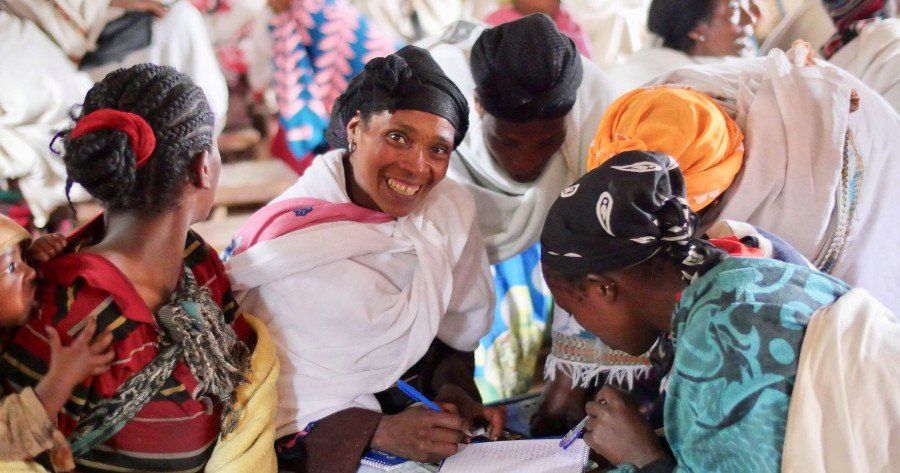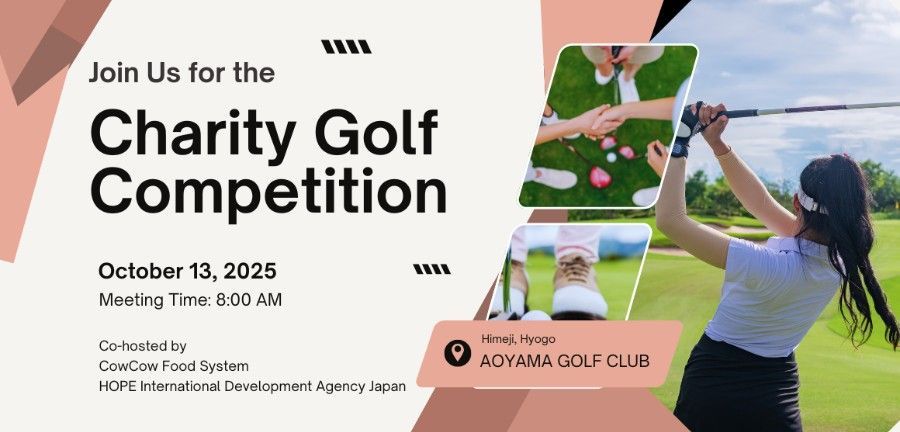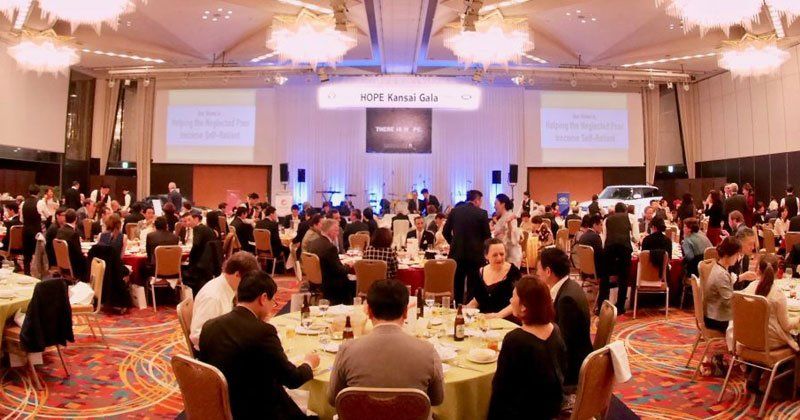Returning to Ethiopia one and a half years later
As field staff, Kiminari and Akemi needed to work with our local staff in Ethiopia even after returning to Japan in order to track the progress of the project and gather field data.
Therefore, given the circumstances of working remotely from Japan, we held online meetings with the staff in Ethiopia. However, due to internet connectivity problems in Ethiopia, it was not easy to gather some critical details, and in the end, information had to be collected through emails and telephone calls.
Our Japanese field staff are expected to visit the project sites and monitor the project through direct contact with the local staff and communities, but this was made impossible by the pandemic for the past year and a half. Certain details, including small changes on the ground, can only be perceived and understood in the field. For the first time, due to the difficulties of monitoring the project remotely from Japan, we gained a deeper appreciation of the importance of being in the field.
Below are the frank comments of our Japanese field staff just before leaving for Ethiopia and their update on the current state of the Women's Empowerment Project currently being implemented in the Oyda District.
Kiminari Onodera (Ethiopia Project Manager)
"A lot of progress has been made since February with our Women’s Empowerment project in Oyda. Although we have been fed reports from the field by emails and phone calls, I cannot wait to meet the local community and get their firsthand account of the project’s impact on their lives."
Akemi Nozawa (Ethiopia Project Officer)
"For a year and a half after returning to Japan, I was always frustrated because my understanding of the progress of the project was restricted to the information that was provided by our Ethiopian field staff. Finally, I am able to return to Ethiopia, and see the project sites and monitor the progress without the time lag of gathering and processing of field data by our local staff. From now on, I would like to share more details about the local communities in real time."
The current project
A Women's Empowerment Project has been implemented in the District of Oyda since February of this year. At the beginning of the project, we conducted a survey of 538 women in order to gain a better understanding of the challenges they face in their communities. We found that Oyda is a very poor area with no clean water just as with the previous project sites, and the discrimination against women is relatively high.
95% of the women who participated in the survey have claimed that they are physically and verbally abused. The survey also revealed that only 17% of women attend community meetings, many women are subject to physical violence, and that they do not participate in community activities.
HOPE is currently training women who are victims of physical violence, and who are socially and economically disadvantaged, to help them rise above these difficulties.
For instance, when providing them with training and education about savings, we first ask 20 women to get together and form a group before teaching them about savings. Many individuals in these communities have never saved money and are unfamiliar with this concept. They are also taught maths to calculate and record their savings.
At this point in the project, these women regularly save 5 birr (approx. 15 yen) each at their weekly group meetings. The groups, which have been saving for four months now, have saved 1600 birr (4800 yen) each. It may not be easy to save alone, but it certainly helps to save regularly on a specific day together with others.
These trained women will use the knowledge they have learned to start their own small businesses with their savings. At this point, it is still a small step, but by earning their own income, they will regain their self-confidence which will help them take the step toward independence and empowerment.
We will provide you with updates on how these women are changing their lives.
In the future, our two Japanese field staff will share more information from Ethiopia. We hope that you will continue to watch the transformation of these women in Ethiopia.





